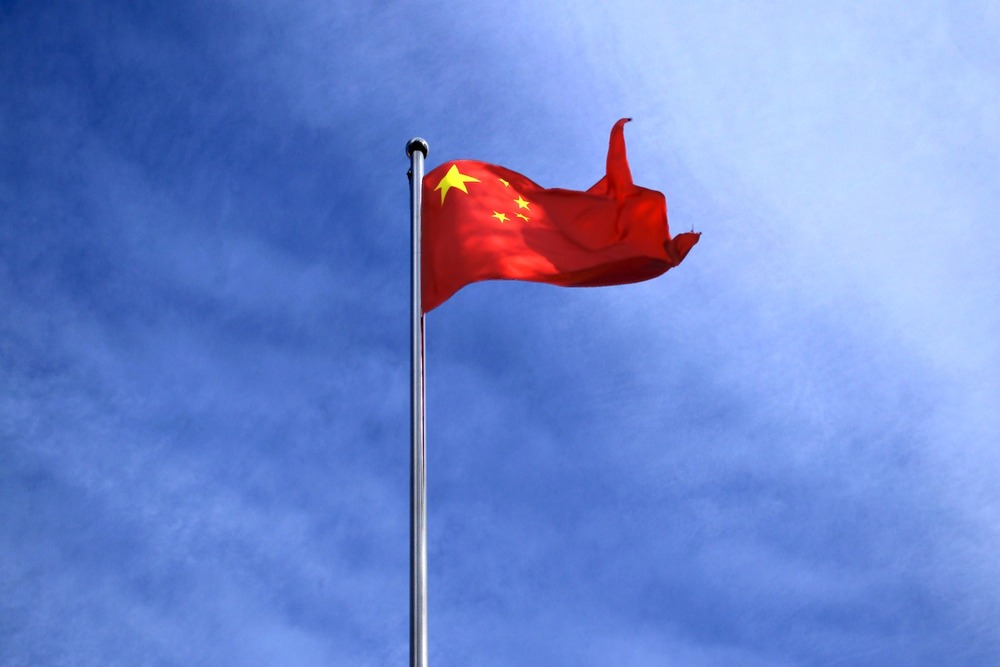The Chinese government liquidated nearly $20 billion of bitcoins (BTC) seized from the notorious PlusToken Ponzi scheme in 2019. The massive sell-off has contributed to significant sell pressure on the leading crypto asset.
Ki Young Ju Tracks Transaction
According to a recent tweet from CryptoQuant’s founder and CEO, Ki Young Ju, the bitcoins were initially sent to Chinese exchanges, including Huobi, and the Chinese Communist Party (CCP), which claimed the digital asset was subsequently transferred to the national treasury. However, it wasn’t until now that the sale of these coins became apparent.
On-chain analysis confirmed the sale, revealing a significant transfer from wallets linked to the Chinese government to exchange addresses on January 22, 2025.
The massive sell-off comes after the Chinese authorities confiscated $4.2 billion in crypto from the PlusToken Ponzi scheme, which has arrested at least 109 individuals to date.
Following the announcement, BTC has declined to over $102,700, down 1.06% over the past 24 hours, with a market cap of over $2. 37 trillion. Before the latest BTC sell-off, the crypto asset maintained a progressive move, leading to its all-time high of $109,000 in the past week.
Bitcoin Stash Continues
Despite the asset’s volatile nature, retail and institutional investors are still acquiring the world’s largest crypto. On January 21, MicroStrategy, an American business intelligence company and the world’s first institutional BTC holder aimed to increase its stash to half a million BTC.
In the week before the United States presidential inauguration, the firm invested approximately $1.1 billion to purchase 11,000 bitcoins, further cementing its role as a leading BTC corporate holder.
Following the massive buy, the company also plans to spend over $10 billion to purchase more BTC. This is possible because a share increase aimed at raising capital for more crypto acquisitions was approved.
In addition, the enterprise software firm noted that it will increase its authorized Class A shares from 330 million to 10.3 billion, significantly expanding its Bitcoin reserve.
Find Cryptocurrencies to Watch and Read Crypto News on the Go Follow CryptosToWatch on X (Twitter) Now

